Comment from Nancy Reyes
Time: December 5, 2006, 8:10 pm
SHHH…we docs know about angiogenesis. And if we could be sure that it would happen in our patients, we could spare the bypass surgery.
You see, I’ve been in medicine before they did bypasses, and you know what? Some people with stable angina lived for years, although many were misearable. Some got better. The only “treatment” was diet and exercize and nitroglycerin back then.
Similarly, we knew that a vegetarian low cal diet combined with a gradual increased exercize program would result in improvement almost as much as surgery. We’ve known that since 1970 (maybe before, but I graduated 1971).
Alas, it doesn’t work in the real world. You try telling grandma she needs to stop eating cannoli.
When they did a comparison study of diet/exercize/medicine vs bypass in the VA, they found the first group ended up having more heart attacks or having so many symptoms the guys insisted on the bypass.
You see, in the real world our patients don’t eat correctly, don’t exercize, and want a quick fix.
Now we have a third choice, stents, but they work better for one or two blockages, not someone with arteries that are full of junk.(i.e. diffuse arteriosclerotic placques).
Now, if these new stem cell injections work, maybe we can stop doing bypasses. Then I’ll agree with you.
In the meanwhile, continue what you’re doing. I love it when patients actually take care of their own health.
Comment from wordworks2001
Time: December 6, 2006, 1:38 am
Dr. Reyes, I don’t know if you are a cardiologist, but as a physician, you should know that the American Heart Association and the American College of Cardiologists, in their own standards, state CABGs should not be performed as the treatment of choice for CAD, except on the occassion of three specific locations of blockages, that are fairly rare, or when certain compromises of heart function have occurred. Yet for many America cardiologists, it is the treatment of choice.
My heart was healthy, according to the interventionalist. It was receiving oxygen. It was not eschemeic. Why then did he think a CABG would cure my angina? Didn’t he know about angiogenesis and collateral vessels? Why couldn’t he answer my questions about that then?
Don’t answer. Obviously he was more interested in the fee for the CABG he was going to assist on two days later than treating me appropriately with medication.
What did my noninvasive cardiologist do? He didn’t put me on a special diet. He took me off the Lipitor the interventionalist started and told me to never take it again. In fact, he told me to forget about cholesterol all together. He said he hadn’t had his cholesterol levels checked since he was in medical school and he attended long before you did.
One question doctor, If I was a walking time bomb in the spring of 2004 and I am still walking around the end of 2006, am I a dud of a walking time bomb or is my interventionalist cardiologist a dud?
Comment from wordworks2001
Time: December 6, 2006, 1:51 am
Oh, and Dr. Reyes,
Regarding the VA study you cited. How do you like this one?
Twenty-two Year Follow-up in the VA Cooperative Study of Coronary artery bypass surgery for Stable Angina. Peduzzi, P, Kamina A, Detrie, K, American Journal of Cardiology. 1998; 81; 1393-1399.
Between 1972 and 1974 354 patients with symptomatic coronary artery disease were assigned to conservative medical treatment and 332 with similar symptomatic coronary artery disease were assigned to surgical revascularization. The overall 22 year cumulative survival rate for the medically treated group was 25% while it was 20% in the surgically treated group. The probability of being free of heart attack was significantly higher in the medically treated group (57% vs. 41%). The authors conclude that the trial “provides strong evidence” that initial bypass surgery does not improve survival or reduce the overall risk of a future heart attack. On the contrary, invasively treated patients were much more likely to suffer a heart attack or die compared to patients who are not treated surgically.







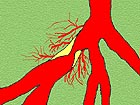
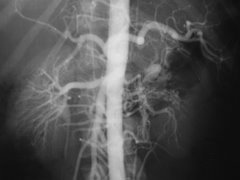
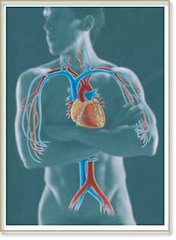
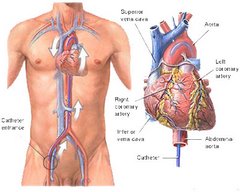
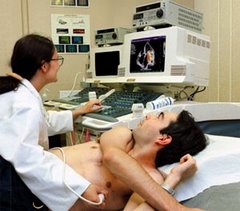
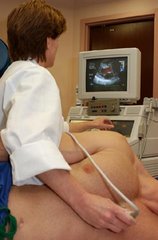
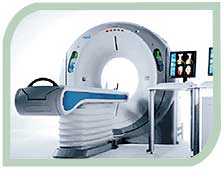
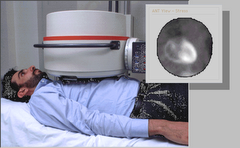
No comments:
Post a Comment